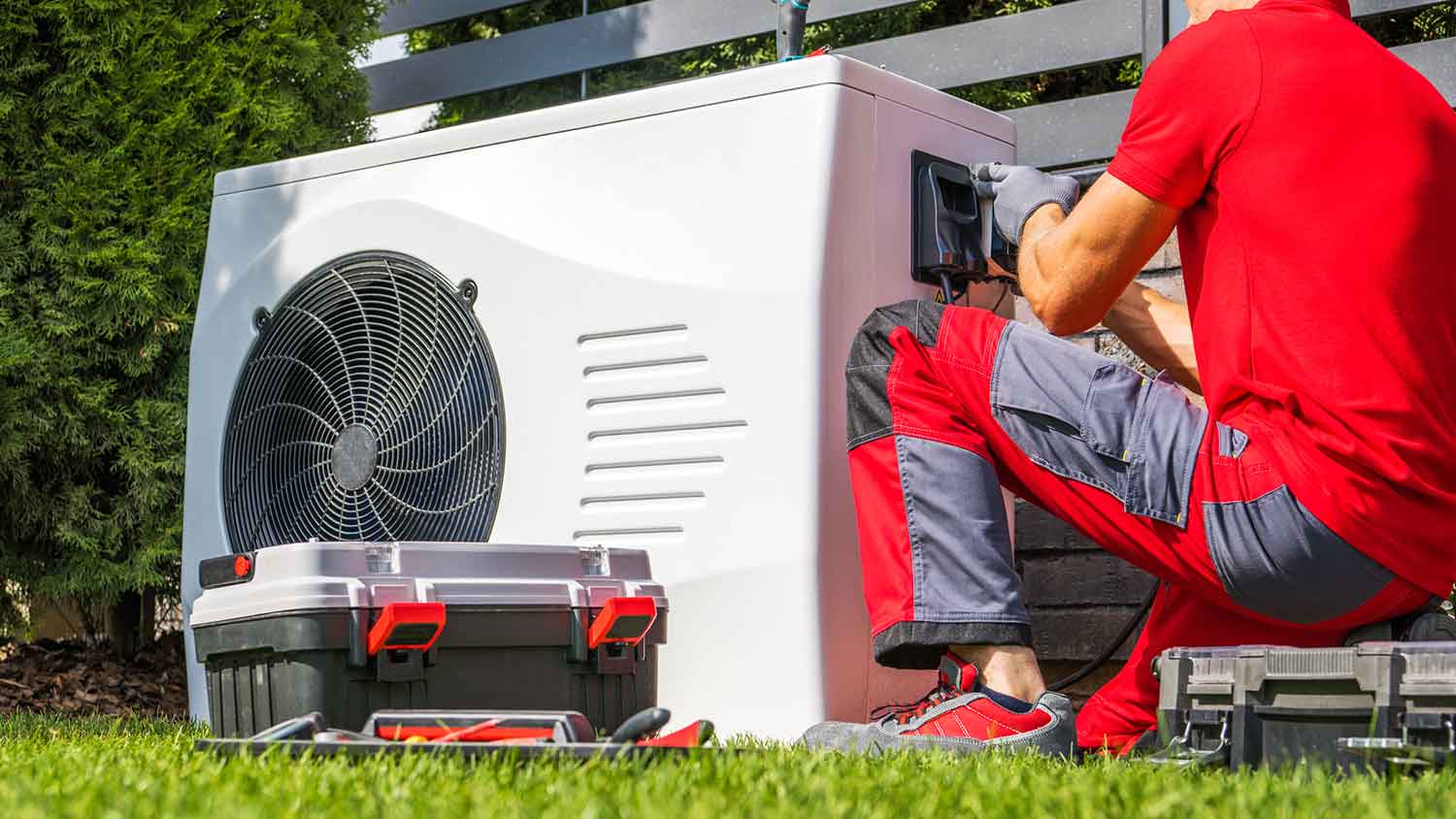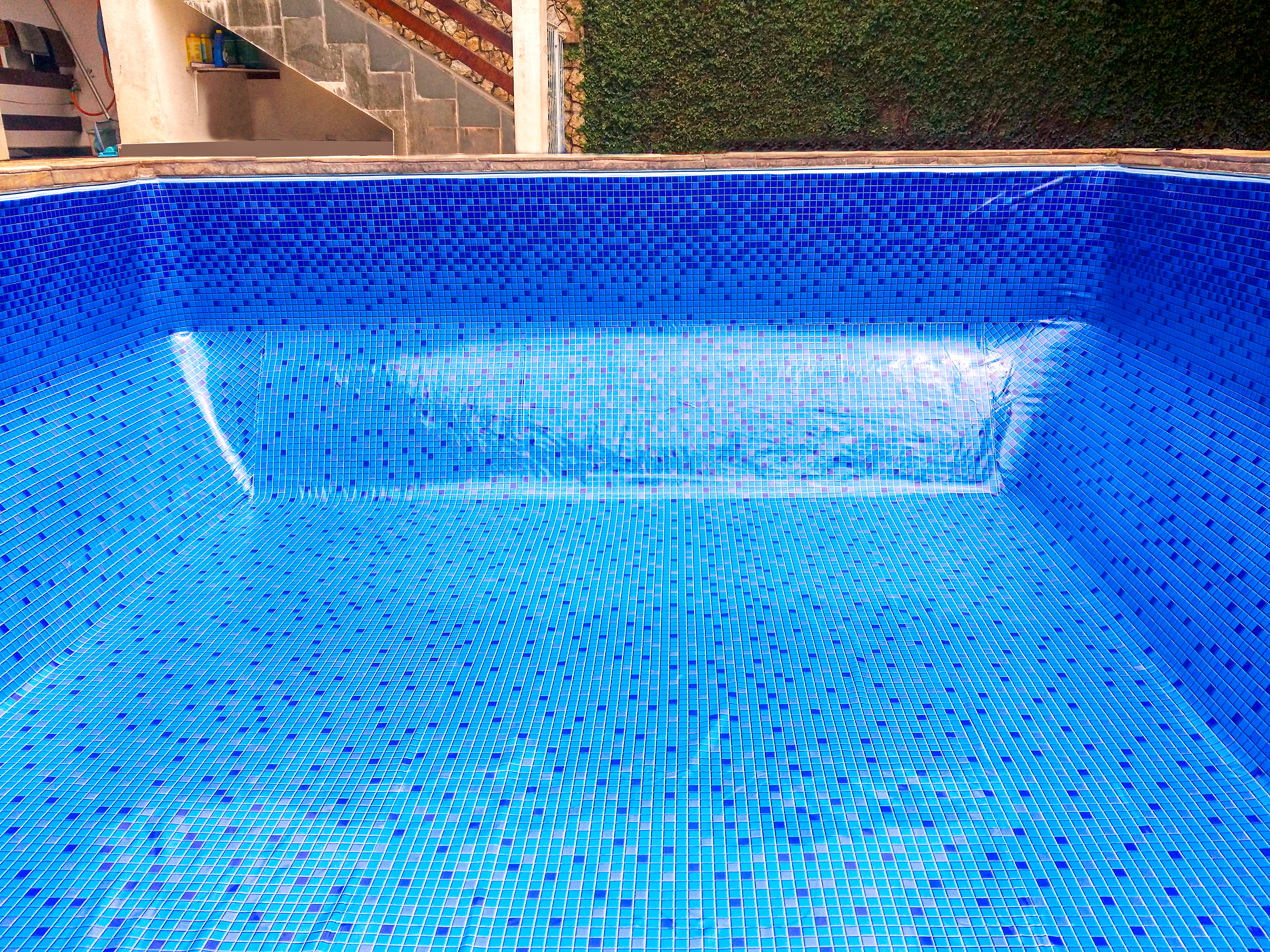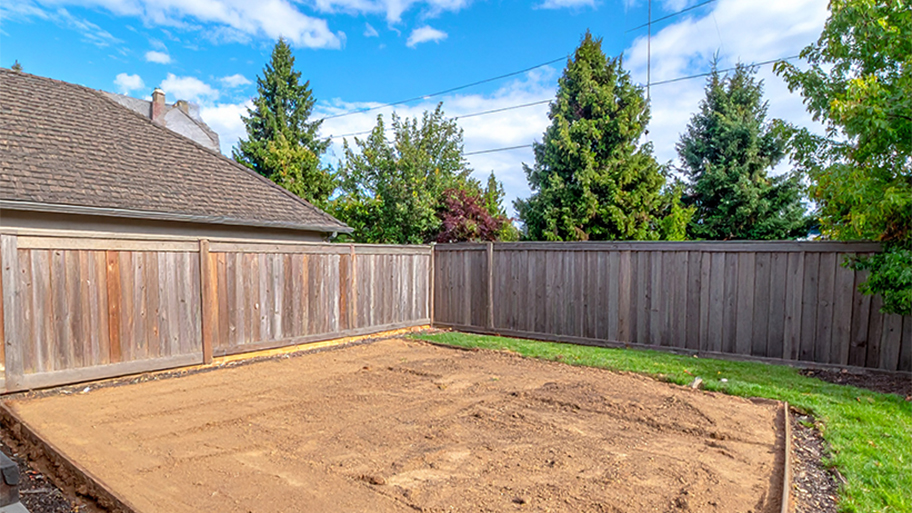
When you're long overdue for a pool upgrade, how much does a pool remodel cost? From a new finish to a whole new design, we'll break down your options here.
Say goodbye to cool pools


Pool heaters work by cycling water from the pool into a heating tank and then pumping the warm water back into the pool.
Heat pumps, electric, gas, and solar are the main types of pool heaters.
A pool heater costs an average of $2,940.
While you don’t need a pool heater, it's a welcome feature for many pool owners. Knowing how to heat a pool can mean the difference between taking full advantage of your personal splash zone and avoiding it when it's chilly. We’ve put together a guide on the ins and outs of pool heaters so you know what you’re getting into.
A pool heater—also known as a heat pump—is what it sounds like. It’s a device that maintains a warmer pool temperature by cycling water from the pool into a heating tank and then pumping the warm water back into the pool. Pool heaters can easily be installed by a pro to a new or existing pool.
When it comes to heat pumps—the most common kind of pool heater—the process begins when the water enters the heating tank. The pump uses a fan to draw in heat from the outside air warmed by the sun and circulates it through an evaporator coil.
Liquid refrigerant within the coil absorbs the heat from the outside air, turning it into gas. The gas then passes through a compressor, increasing its heat. It then passes through a condenser, which transfers the gas heat to the cooler water circulating in the heater before it passes into the pool.


While heat pump pool heaters are what pops into most people’s minds, there are a few other main types of pool heaters that function differently.
Gas pool heaters are powered either by propane or natural gas. They work by burning the gas in a combustion chamber and having the pool water go through another chamber, warming as it passes through.
When it comes to solar pool heaters, you’ll need a lot of space and direct sunlight to make them work. With solar pool heaters, the pool water travels through a series of filters and pipes and warms up as it travels through. The warmth itself is generated by the energy accumulated from solar panels.
With electric pool heaters, electricity heats a set of resistance coils, consequently warming the pool water that filters through the pool heater. This system avoids propane and gas emissions but can raise your energy bill.
For most people, a comfortable swimming temperature ranges between 78 to 82 degrees Fahrenheit. If installing a heater, talk to your electrician or pool contractor about how this may impact your electrical bill.
On average, a pool heater costs $2,940, but costs can range from $300 to $5,600. The exact cost of a pool heater depends on factors such as pool size, type of pool heater, and location.
There are also various ongoing costs associated with pool heaters, including increased energy bills, winterization, and maintenance. For example, it costs around $120 to $200 to heat a pool with a heat pump every month. If you have a pool heater, you should also consider the pool heater repair cost should anything happen to it.
Yes, you can install a pool heater on your own if you already have the necessary hookups. Doing it yourself could save you money, but it’s only smart if you know how to do it properly and safely.
If you don’t already have one and need to lay down a gas line, water line, or electrical circuit, it is best to hire a professional pool heater service near you to help you get the job done. A professional can also guide you in acquiring the necessary permits for installing a pool heater.
From average costs to expert advice, get all the answers you need to get your job done.

When you're long overdue for a pool upgrade, how much does a pool remodel cost? From a new finish to a whole new design, we'll break down your options here.

The cost of pool liner replacement in Columbus depends on the size and shape of your pool, as well as the liner material and type. Here’s how the costs break down.

If you’ve been considering installing a new pool in the Buckeye State, this guide will help you understand inground pool costs in Columbus.

A broken pool light can be dangerous as well as inconvenient. Learn who to call to fix your pool light safely and correctly.

You can build an above ground pool on uneven ground if you take the time to level it. This guide will show you how to level ground for a pool in a few easy steps.

Swimming pools come in many sizes, but this pool size chart will simplify your choices and give you tips on how to choose the perfect size for your space.